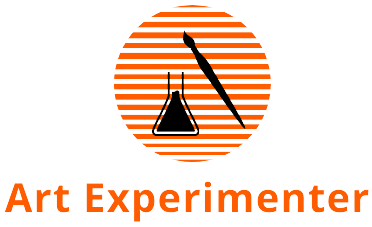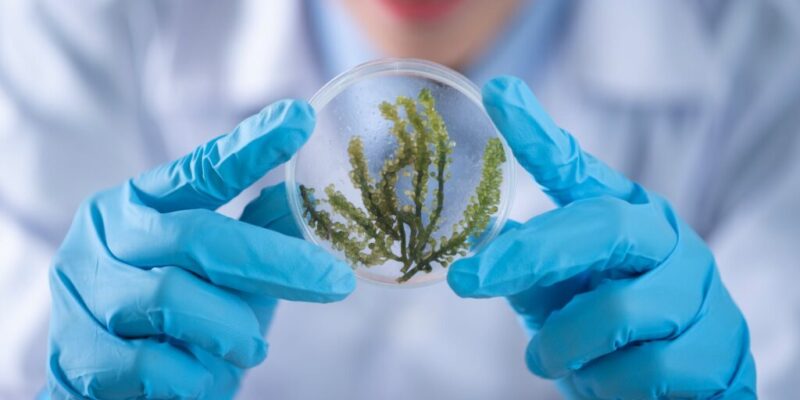15 Questions to ask yourself before becoming a scientist.
The word scientist is a general term, used to describe someone who researches and examines various aspects of the physical world in order to attain a better understanding of how things work and function. There are many specializations of ‘scientist’, and depending on which field of study one chooses to follow, the work can vary greatly. Each scientist, however, follows ‘the scientific method’, which is a strict set of rules that ensure all new discoveries are factual and not just speculation.
Today we will walk you with the 15 questions you may get before becoming a scientist.
So, let’s begin. With the questions, you may get before starting your scientist career.
1.What do a scientist do and types of a scientists?
SOME TYPES OF SCIENTIST CATEGORIES ARE LISTED BELOW
Chemist
– studies the composition, structure, and properties of substances and their reactions.
Biochemist
– studies the chemical and physical principles of living things and biological processes.
Biologist
– studies life and living organisms.
Marine Biologist
– studies all living things in the sea.
Molecular Biologist
– explores and studies the structures and functions of cells on a molecular level.
Microbiologist
– studies microscopic organisms such as bacteria, algae, and fungi.
Cytotechnologist
– prepares and examines human cells for the presence of disease.
Geneticist
– specializes in the science of genetics.
Geologist
– studies the history, origin, and structure of the earth.
Palaeontologist
– studies the fossilized remains of all kinds of organisms.
Geographer
– studies the earth and its land, features, and inhabitants.
Zoologist
– studies animals.
Mammalogist
studies mammals.
Entomologist
– studies insects.
Animal Scientist
– studies agricultural productivity and food safety.
Horticulturist
– studies the science behind different plants, flowers, and greenery.
Conservation Scientist
– studies and devises ways to use and improve the land while safeguarding the environment, crops, and food supply.
Soil and Plant Scientist
– studies the different compositions of soil and the effect they have on plant life, crops, and the national food supply.
Archaeologist
– studies ancient people and their culture.
Anthropologist
– studies sociohistorical, archaeological, linguistic and biological aspects of humanity.
Audiologist
– studies hearing and balance.
Physicist
– explores and identifies the basic principles that govern the structure and behaviour of matter, the interaction between energy and matter, and the generation and transfer of energy.
Particle Physicist
– studies subatomic elements of matter and subatomic particles.
Astronomer
– studies outer space.
Hydrologist
– studies water and the water cycle.
Atmospheric Scientist
studies the scientific and mathematical aspects of the earth’s atmosphere, climate and weather.
Meteorologist
– uses scientific principles to observe, understand and be able to explain or forecast how the earth’s atmosphere affects the earth and everyone on it.
Geospatial Information Scientist
– uses technology to gather geographic information.
Bioinformatics Scientist
– studies and dissects large amounts of datasets at the molecular level.
Materials Scientist
– studies and analyzes the chemical properties and structure of man-made and natural materials.
Natural Sciences Manager
– supervises the research and activities of scientists and technicians.
2. What qualifies someone as a scientist?
A scientist is someone who systematically gathers and uses research and evidence, making a hypothesis and testing it, to gain and share understanding and knowledge. A scientist can be further defined by how they go about this, for instance by use of statistics (Statisticians) or data (Data scientists).
3. Is a scientist a doctor?
Plus, the definition of “scientist” includes someone learned in science, and so a physician absolutely is a scientist.
Traditionally trained physicians learn physics and chemistry, biology, biochemistry and molecular biology, and later, anatomy and physiology basics.
4. Is a scientist a good career?
Science is a wonderful career that can fulfil you like I believe few professions can. Seek out knowledge; embrace experiences; and enjoy the company you make. And whatever you do, hold on and hold on tight. Because success in a science career, like success in life, comes from those who can hold on the longest.
5. How can I become a scientist?
.Make sure that being a scientist is really what you want. Scientists have to be the type of person who can sit all alone and concentrate on one topic for a long time.
.Decide what field of science you’d like to specialize in.
.Take as many high school courses as you can in the subject of your choice. Strive to get good marks so you’ll be admitted to a good college or university.
.Earn a bachelor’s degree and a master’s degree in the field of science that interests you.
.It will also be very beneficial if you earn a doctorate in your field.
.Get experience in your field by shadowing other scientists. This will give you practical experience and will let you learn what it’s like to be a scientist.
6. Are scientists in demand?
All science fields require research and development. For this reason, research and development jobs continue to be in-demand. This field of science allows for the creation of new scientific products and practices, while also providing innovation and improvement measurements for existing products and practices.
7. How much money do you make as a scientist?
At the time of this writing, Biologists earned a mean annual wage of $69,430, according to the bureau, while microbiologists made $61,220 on average. Physicists earned the highest average pay of any scientist in these labs, at an average of $138,770. Finally, biochemists and biophysicists earned $78,980 per year on average.
Do your research you want to be an independent scientist or you want to work for someone for a fixed salary or for equity, be prepared and make a plan.
8. How many years will it take to become a scientist?
Well, it usually takes 3-6 years to do an undergraduate science degree (depending on subject), then if you want to do a PhD that takes at least another 3 years. But to be honest, scientists never stop learning and so there isn’t really a clear definition of when someone ‘becomes a scientist.
9. Can scientists be rich?
Depending on their specialization, scientists can earn a lot of money. … Physicists, computer scientists, and palaeontologists were among the most lucrative careers, earning six-figure salaries.
10. What are the work of scientists?
Research scientists work in almost every area of science imaginable. They plan and carry out experiments and investigations in a range of areas, including geoscience, medical research, meteorology and pharmacology. … planning and conducting experiments. recording and analysing data.
11. Who are some famous scientists you can get inspired?
.Writer’s Block: Charles Darwin.
.Applying a Theory: Isaac Newton.
.For Paving a Path: Marie Curie.
.For Being Open to Learning: Leonardo Da Vinci.
.For Overcoming the Odds: Caroline Herschel.
Nikola Tesla – His Life and Investions
12. What is the disadvantage of science?
Science has been responsible for pollution and given us the nuclear bomb that threatens our very existence.
Science is not intrinsically good or bad. It is a way to acquire knowledge in a systematic way.
The disadvantage of new mobile phones is too many can communicate with us all at the same time. Everything depends on how you look at everything. What is your mindset you want to change the world into something good or bad is up to you whatever it is think in all the possible ways and move forward.
13. Is being a scientist fun?
Yes, it really can be fun.
Some scientists don’t like the idea of science being “dumbed down” as a way to make it more attractive to young people. But you have to ask these scientists why they decided to study science: few will tell you because it was hard, boring and nerdy.
14. Skills needed to become a scientist.
.Patience.
. Determination.
. Scientific and numerical skills.
Flexibility.
. Decisiveness.
. A logical and independent mind.
. Meticulous attention to detail and accuracy.
. Excellent analytical skills.
15. Advantages & Drawbacks of being a scientist.
.Flexible working hours.
.An absent boss.
.Relatively slow motion.
.Freedom to follow your instincts.
.Knowledge monopoly etc.
Conclusion.
Before starting your career as a scientist. So, make sure to understand that becoming a scientist might be fun but just like any other career you need to be ready to face its ups and downs.
Asking some question before getting into this can make our thought process clear so that you can be decisive when you move forward to do something.
Think Like a Proton… Always Positive.

